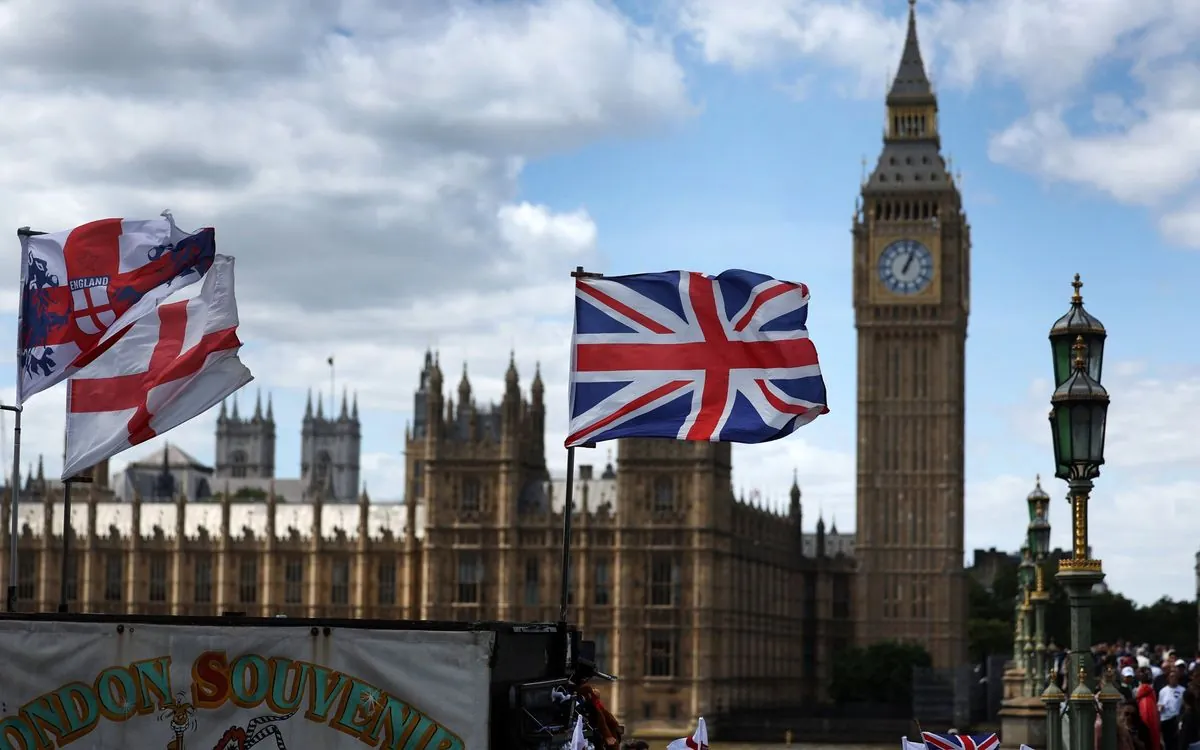Labour's Economic Policies Spark Concerns Amid Union Demands
Labour's recent economic decisions raise worries about management and union influence. Critics question the party's claims of inheriting a dire situation, while unions push for more concessions.

The Labour Party's economic management has come under scrutiny since its ascension to power in July 2024. Despite promises of national renewal, critics argue that a coherent growth plan remains elusive. The government's approach, which includes maintaining a high tax burden and implementing stringent regulations, has raised concerns about potential negative impacts on wealth creators and small businesses.
Controversy surrounds the government's recent economic decisions. The cut to winter fuel payments for pensioners, saving £1.5 billion annually, was announced simultaneously with a £10 billion allocation for public-sector pay increases. This move has been criticized as contradictory and potentially misleading to voters.

The government's swift capitulation to union demands has emboldened labor organizations. Aslef, representing train drivers, secured a 14.25% pay rise, while junior doctors were offered a 22% increase over two years. These developments have sparked fears of escalating demands across various sectors.
"Our members do a hard and dangerous job in extreme conditions, working long and excessive hours."
The GMB union's threat of strike action by gas emergency workers in Yorkshire and Cumbria exemplifies the growing assertiveness of labor organizations. Unions are now pushing for improved working conditions, including shorter work weeks and better overtime pay.
Labour's workers' rights agenda, championed by Deputy Prime Minister Angela Rayner, includes proposals for a four-day work week. Critics argue that such policies could significantly impact business operations and productivity.
The economic confidence survey from the Institute of Directors indicates a decline in expectations for employment and investment since Labour took power. This downturn in business sentiment could potentially hinder job creation and economic growth.
As the balance of power shifts in the workplace, concerns grow about the long-term economic consequences of increased union influence. The government's approach to labor relations and economic management will likely remain a contentious issue in the coming months.


































